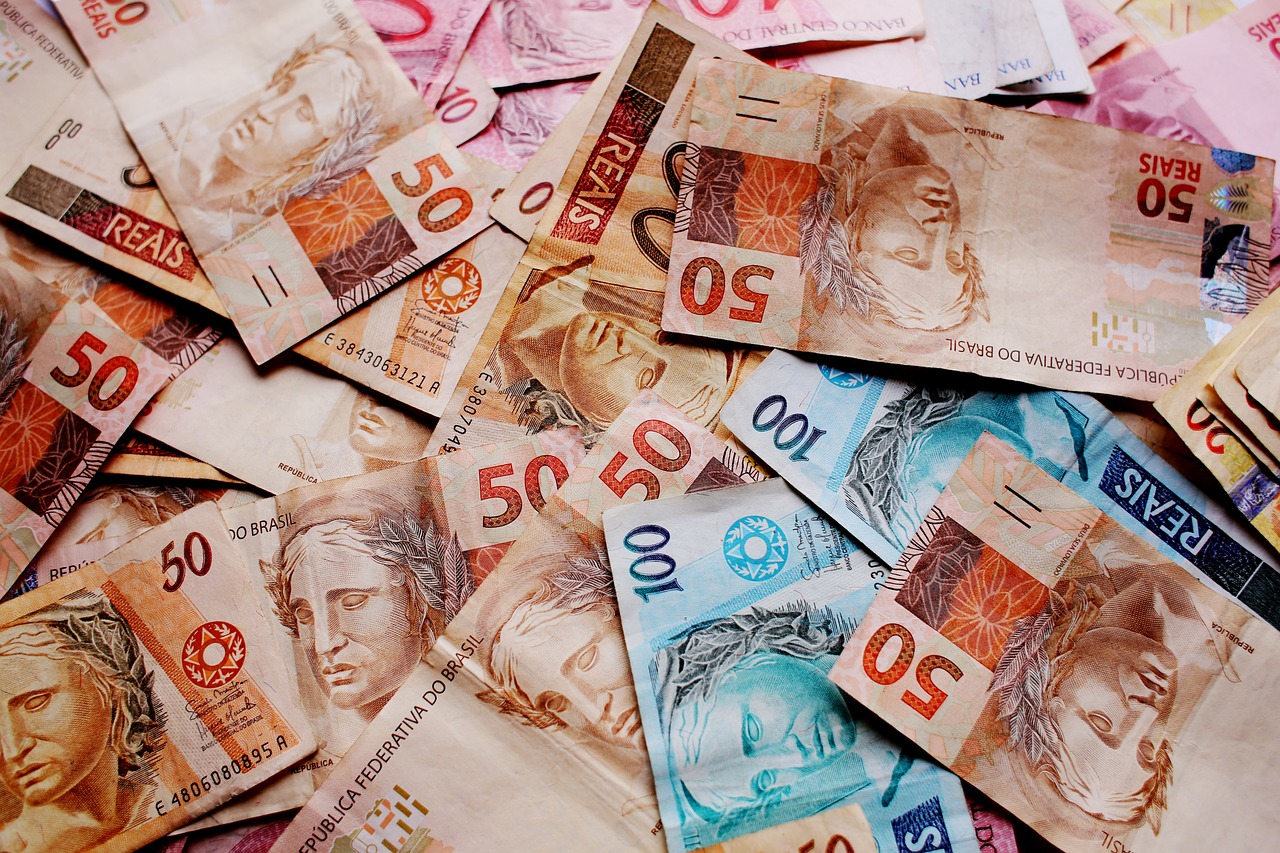After the approval of the regulation of online sports betting in Brazil, the sector is advancing rapidly, and the interest of Brazilians in this activity has surged. But what is the exact size of this growth? A survey by the site ApostaLegal, based on numbers from the Central Bank’s balance of payments, provides a better understanding of the success of “bets” in the green and yellow territory.
From January to April 2024, Brazilian users sent USD 3.7 billion to betting houses (BRL 20.9 billion at the current exchange rate). This amount represents an increase of 32.14% compared to the numbers recorded during the same period in 2023.
Still considering only the first four months of each year, the amount of prizes distributed by the betting houses went from USD 2.7 billion to USD 3.5 billion. The first quarter of 2023 generated revenue of USD 768 million for operators, a figure that exceeded USD 1 billion in 2024.
The numbers highlight the importance of advancing regulation and distributing licenses to operators. From then on, the Brazilian government will be able to start collecting taxes, which are likely to become a significant part of government revenue, one of the main arguments used for legalization.
A survey by CNN, conducted by Datahub, had already indicated the rapid evolution of the online betting sector in Brazil. From 2021 to April of this year, the number of companies in the market increased from 26 to 217, an increase of 734%. In just the first four months of 2024, another 79 companies were registered in the sector.
Another estimate that shows the strength of the Brazilian gaming market came from the Federation of Hotels, Restaurants, and Bars of the State of São Paulo (Fhoresp). According to the entity, if Bill (PL) 2.234/2022 is approved, authorizing the operation of casinos, bingo halls, and the jogo do bicho in the country, more than BRL 382 billion would be invested in the sector. In this scenario, Brazil would become the third-largest market in the world for this activity.





